Complicated – the must-watch documentary on Ehlers-Danlos Syndrome
A new documentary on Ehlers-Danlos Syndrome, Complicated, will soon be released. Chronic Pain Partners was honored to preview the film, which dives deep into many of our community’s challenges. Directed by award-winning and Oscar-shortlisted filmmaker Andrew Abrahams and co-produced by TCAPP board member and advocate Donna Sullivan, this film is the most comprehensive and accurate depiction of EDS in the media we have seen.
[Trigger warning: Many of the details in the film, such as gaslighting, trauma, child abuse allegations, and more, may be triggering to the reader.]
Complicated portrays several families with EDS all over the US, focusing on children, teenagers, and young adults—a film long needed, mainly because EDS makes life quite, well, “complicated” for families with sick children living with a rare and non-apparent chronic condition. The title of this film represents all our stories. However, people with EDS aren’t necessarily “complicated”; they aren’t the problem. The medical system is.
Many of you have probably seen Take Care of Maya. You might say that Complicated tells the story behind Maya’s story. It’s the story of a medical system not being built for people with complex chronic conditions, particularly women, which leads to severe, sometimes life-threatening complications. The film touches upon all the crucial challenges people with EDS face, from the diagnostic odyssey to the lack of treatment and anything in between.
Through quotes from many experts in the EDS world, namely Dr. Chopra, Dr. Maitland, Dr. Tennant, Dr. Liu, and many more, the multi-systemic nature of EDS is explained and then illustrated by the personal stories of the children in the film, who often have rather drastic complications such as craniocervical instability. Families tell their stories of how their children suddenly deteriorate from one moment to another.
“It’s like juggling balls, but when something happens, like a trauma, puberty, one ball drops,” and everything gets out of alignment
Dr. Liu says about the rapid onset of EDS in many young people.
EDS is a spectrum, and some people are mildly affected, with others being on the very far end of complications. “EDS is like earthquakes,” says Maitland. “You can have a 2.4 or a 7.5.” Other community representatives in the film are Jessica Shriver, a medical ethicist, and EDS Society’s CEO Lara Bloom, even though the latter has yet to actively support the movie, according to the filmmakers. Through those many expert quotes, the documentary explains many facets of EDS, creating a comprehensive and accurate representation of the condition.
Complicated then goes on to dive into the reasons why EDS is so often misdiagnosed and why there is so much trauma in our community. It highlights one long-known but rarely addressed issue: racial biases. Through the story of a black woman with EDS, Complicated corrects one of the most common stereotypes still existing even within the community itself: EDS is not a caucasian disease. This stereotype prevails and makes it even harder for people of color, particularly women of color, to get diagnosed properly. Marginalized communities already face significant challenges within the medical system. Adding another layer of misinformation, it becomes obvious why PoCs are so underrepresented in the EDS community.
On the other hand, gender bias – many people in the community are women – and the stereotype of “the hysterical woman” is still dominant in the medical system, especially in conventional medicine and previous generations. Every EDS patient has heard “it’s all in your head” many times during the diagnostic process and well beyond. Often, doctors don’t believe a person can have that many symptoms but still look healthy. It’s the invisibility of the condition that makes it hard for the inexperienced doctor to comprehend. But instead of researching the root cause of those symptoms, patients are often referred to psych wards, where they, ironically, develop actual psychiatric conditions due to the trauma and gaslighting experience. These can be as severe as becoming suicidal.
“I didn’t go in with psych problems, but I came out with one.”
One child says about her experience at a hospital supposed to help her.
Besides the harm happening to the patients through biases, gaslighting, and the uneducated medical system, the film also centers around the pain brought to their families, especially parents, through wrongful child abuse allegations, which commonly happen to mothers of seriously ill EDS children. At the same time, it is rarely publicly spoken about by any advocacy organizations besides TCAPP. Donna Sullivan, the co-producer of Complicated, has supported families in the US with medically complex children facing child abuse allegations for decades. Several families in the film are talking about having been accused of child abuse when they were searching for help for their sick child. Many parents have to make drastic decisions to keep their children in the family or get them back if they have already been taken.
Legal fights can take many years, while children are traumatized and families destroyed. One parent in the documentary says, “There is no place safe,” meaning, no matter if the allegations are found baseless by the investigators, it could happen to them again and again because every time they visit a hospital, chances are another doctor unfamiliar with EDS will flag them again. “Ehlers-Danlos is just one example of other rare, invisible, complicated illnesses that will follow a similar trajectory, both in medicine, where they’re not being taken seriously, misunderstood, marginalized, and in terms of the child protective systems that are failing at differentiating between actual child abuse and parents who are trying to take care of their sick kid. So the film is about that place where all these things come together,” director Abrahams says.
All of these challenges are known within the EDS community. We experience them firsthand every day of our lives. But so far, there hasn’t been a film really tying all of them together and showing the often devastating consequences for the community. Complicated is unique in that it manages to talk about the struggles people face in a factual but still compassionate way, which will hopefully have a major impact.
As filmmaker Andrew Abrahams says, “I want to change the system. I want to ask the questions that need to be asked. I want to point to the problems that need to be pointed to. I want people going through this to know they’re not alone and to help forge alliances on behalf of patients and parents. I also want to educate physicians that this problem needs to be addressed.” So does Chronic Pain Partners.
Support Complicated:
You can donate here: Open Eyes Picture Website
Follow the film:
Website: www.complicatedfilm.com
Social Media:
https://www.facebook.com/complicatedfilm
https://www.instagram.com/complicatedthemovie
Learn more about the matter on TCAPP: https://tcapp.org/

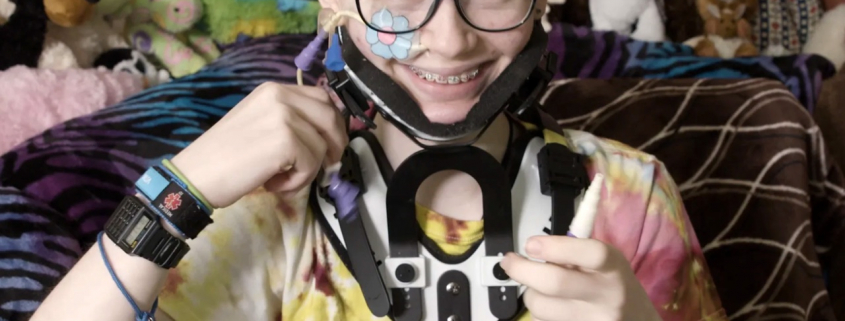
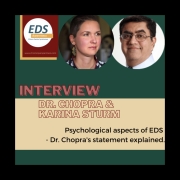
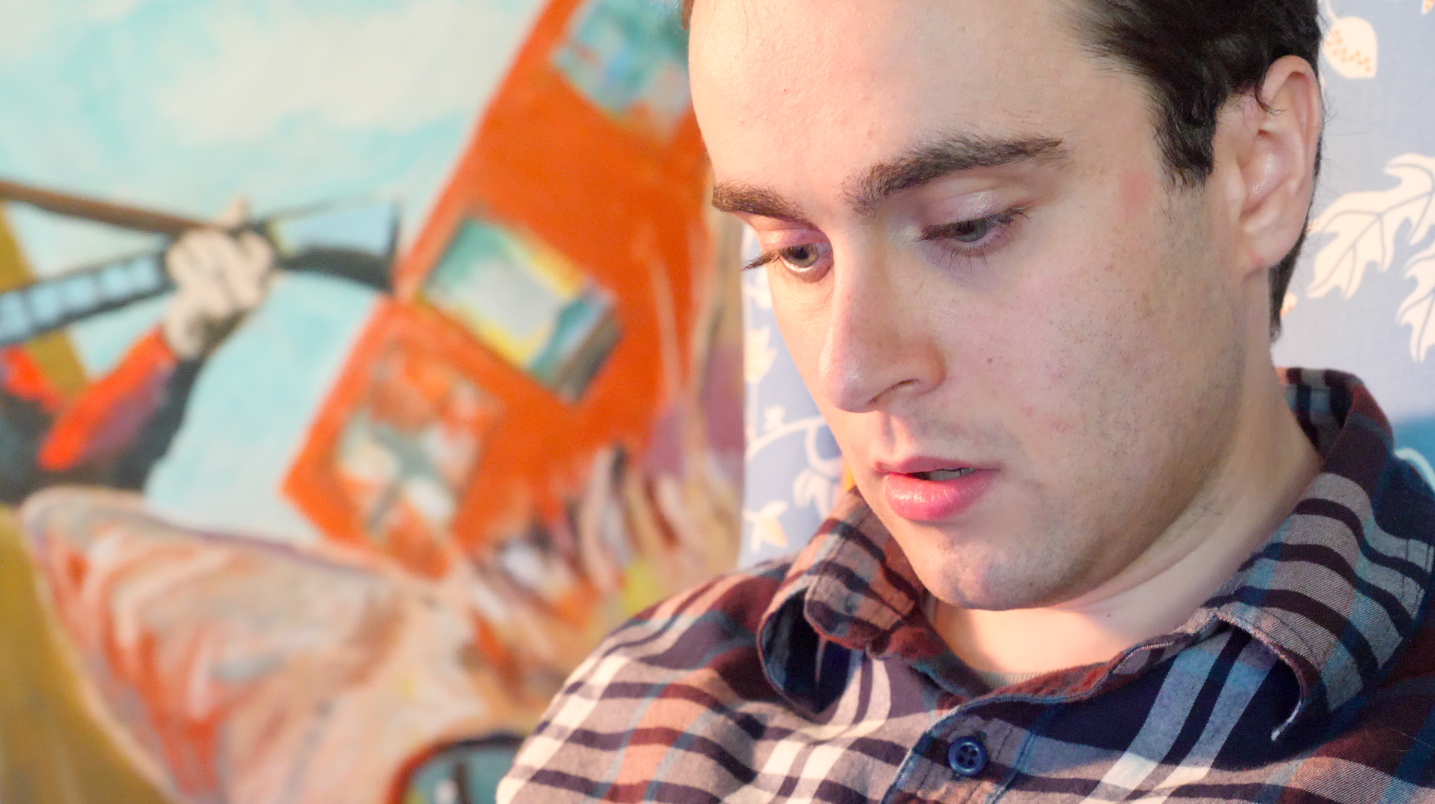
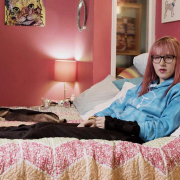





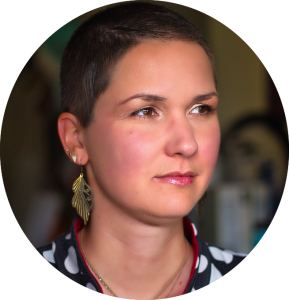


Leave a Reply
Want to join the discussion?Feel free to contribute!